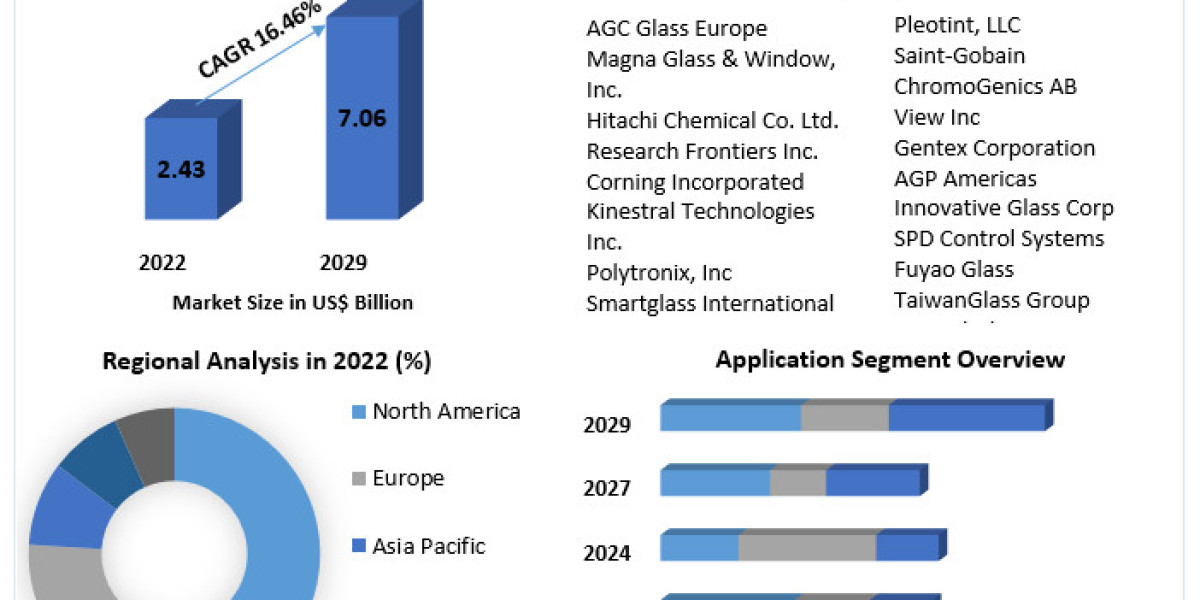Understanding Minimum Wage in the UK
The minimum wage represents the lowest legal amount that employers must pay workers for their services. It ensures that employees receive fair compensation and helps combat exploitative practices in the workplace. The UK has a tiered minimum wage system, including the National Minimum Wage (NMW) and the National Living Wage (NLW). These rates vary based on age and employment status, such as apprentices.
Legal Framework Governing Minimum Wage
The enforcement of minimum wage laws in the UK falls under the National Minimum Wage Act 1998. HMRC ensures compliance by conducting audits and investigating complaints. Employers must account for different rates for workers aged under 18, 18-20, 21-22, and those over 23 (eligible for NLW). Keeping track of these categories can be complex.
Handling National Living Wage vs. Minimum Wage
Distinguishing between the NLW and NMW is crucial, as the NLW applies to older workers and commands higher rates. Non-compliance can lead to penalties, reputational damage, and legal action. Employers must prioritize compliance to avoid financial and operational setbacks. Payroll services calculate wages based on hours worked, age brackets, and updated wage rates, ensuring compliance with laws.
Monitoring Legislative Updates
Professional payroll providers in the uk stay informed about changes in wage laws and adjust their systems to reflect new requirements. Payroll systems maintain detailed records of employee payments, offering transparency and aiding compliance audits. Automation minimizes human errors, ensuring accurate calculations and timely payments that meet legal requirements.
Real-Time Reporting Tools
These tools provide insights into payroll data, allowing businesses to detect and address discrepancies promptly. Modern payroll systems integrate seamlessly with HR and accounting platforms, ensuring streamlined operations. Payslips should include wage calculations, deductions, and compliance notes, empowering employees to understand their earnings.
Transparency in Payment Processes
Clear communication about wages and adjustments fosters trust and reduces disputes. Failing to maintain proper records can lead to compliance issues and penalties. Accurate classification of workers as employees or contractors is essential for determining minimum wage applicability. Regular updates to wage laws mean employers must continuously monitor changes to stay compliant.
Case Studies: Payroll Compliance in Action
Businesses using professional payroll services have consistently avoided fines and ensured employee satisfaction. High-profile cases of non-compliance highlight the importance of adhering to wage laws and investing in robust payroll solutions.
The Challenges of Compliance
Managing minimum wage compliance isn’t straightforward. Employers face several challenges, including:
- Tracking Variable Rates: Different rates apply to various age groups and employment categories, requiring meticulous tracking.
- Regular Updates: Annual changes to wage rates demand constant monitoring and swift adjustments.
- Worker Classification: Misclassifying employees or contractors can lead to errors in wage calculations.
These complexities make it essential for businesses to use efficient systems like payroll services to stay compliant. Payroll services are specifically designed to address the intricacies of wage compliance. Here’s how they manage the process:
Accurate Wage Calculations
Payroll systems automate the calculation of wages, ensuring that employees are paid according to their age, role, and working hours. These systems are updated regularly to reflect the latest government-set rates. Professional payroll providers stay informed about changes in wage laws. They update their systems promptly, ensuring businesses are always compliant with the latest requirements.
Record-Keeping and Documentation
Accurate record-keeping is crucial for proving compliance. Payroll services maintain detailed records of payments, deductions, and adjustments, which are essential during audits or disputes. Manual payroll processing increases the risk of errors, which can result in underpayments or overpayments. Automated payroll systems minimize these risks, ensuring compliance and accuracy.
Key Features of Payroll Systems for Compliance
Modern payroll solutions offer several features tailored to compliance, including:
- Integration with HR Systems: Seamless integration allows for accurate tracking of employee data and wages.
- Real-Time Reporting: Payroll systems provide detailed reports, highlighting any discrepancies that need immediate attention.
- Custom Alerts: Alerts for upcoming changes in wage rates or discrepancies in payment records keep businesses proactive.
Transparency with Employees
Employee awareness is a critical aspect of compliance. Payroll services ensure transparency by:
- Providing Detailed Payslips: Payslips outline how wages are calculated, including hours worked, deductions, and applicable rates.
- Clear Communication: Employees are informed about changes in wage rates or payment processes, fostering trust and reducing disputes.
Avoiding Common Pitfalls
Despite the support of payroll services, employers must remain vigilant to avoid pitfalls such as:
- Inadequate Record Maintenance: Employers must keep payment records for at least three years as proof of compliance.
- Misclassification of Workers: Distinguishing between employees and contractors is essential to ensure proper wage calculations.
- Neglecting Updates: Failing to implement annual wage updates can lead to underpayment and penalties.
Conclusion
Professional payroll services simplify the complex task of minimum wage compliance, ensuring accuracy and legal adherence. Leveraging advanced payroll systems enables businesses to navigate the complexities of compliance effortlessly.
FAQs
What is the National Minimum Wage in the UK for 2025?
The rates are updated annually. Refer to the government’s official website for the latest figures.
How do payroll services calculate minimum wage?
They use automated systems to account for age, hours worked, and the current wage rates set by the government.
What happens if an employer fails to comply with minimum wage laws?
Non-compliance can result in penalties, back payments, and damage to the employer’s reputation.
Can payroll software help with compliance?
Yes, payroll software automates calculations, monitors updates, and generates accurate records to ensure compliance.
Is there a penalty for late wage adjustments?
Yes, employers may face fines and are required to pay arrears with interest.















